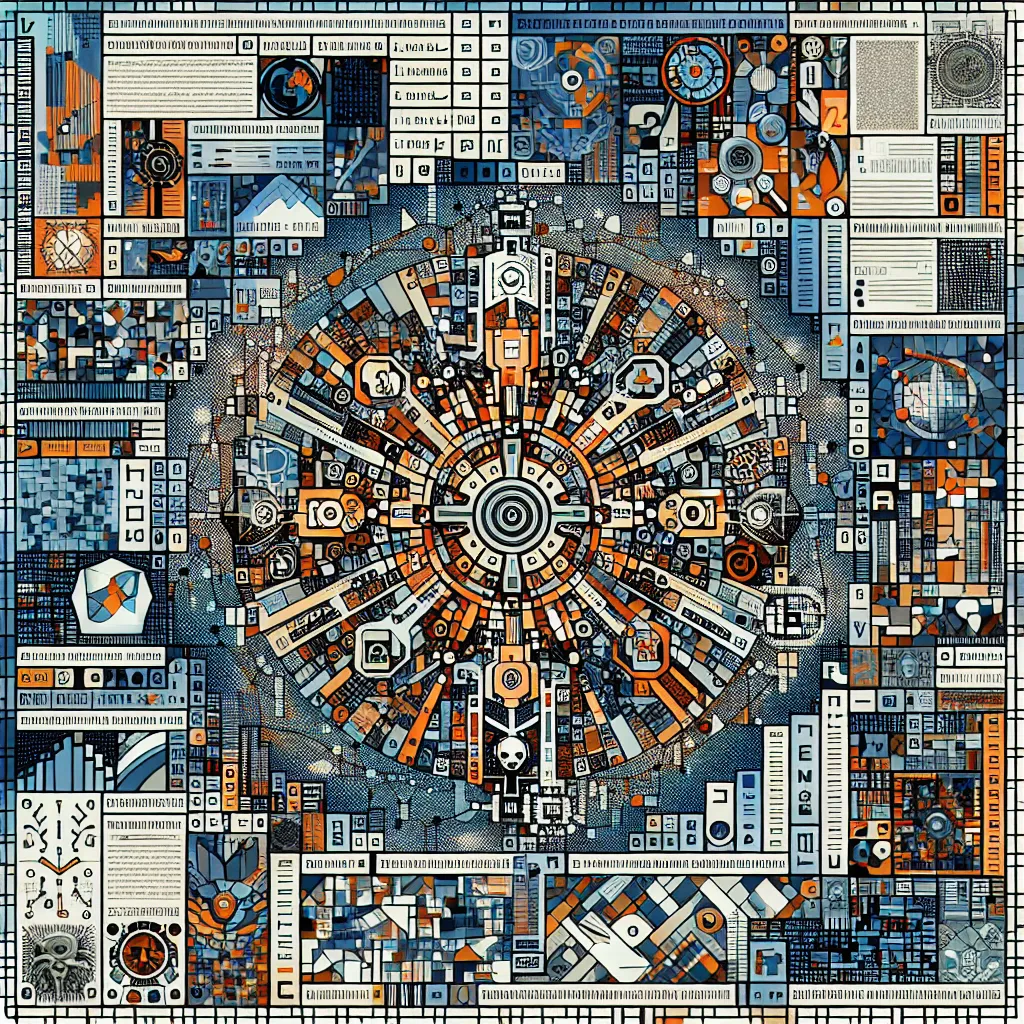We are essentially prisoners here on Earth. The Universe seems to tease us by showcasing destinations we might never reach. Yet, for human existence to thrive long-term, we need to break free from this confinement. But what exactly keeps us here?
It’s all about gravity. Gravity is this invisible force that pulls objects with mass toward each other. The stronger the mass and the closer you are to it, the more you’re pulled in. That’s the trap that holds us on Earth – imagine it as being stuck in a gravity well. It’s like we owe gravity an energy debt that’s 4.5 billion years old.
Objects naturally resist changes in their speed or direction. You need energy to get them moving. Ages ago, countless dust particles drew together due to gravity and energy, forming our planet. This process created our gravity well, a prison of sorts. To climb out, we need to pay back that energy debt with more energy.
The way we do this is with rockets. These marvels of engineering convert highly energetic chemical reactions into kinetic energy. By burning fuel, rockets push exhaust outwards, propelling themselves upwards and fighting against Earth’s pull. But it’s a complicated process. A substantial amount of energy is lost to heat, exhaust, and atmospheric drag. Plus, the more fuel you need to lift a rocket, the heavier the rocket gets. This vicious cycle demands even more fuel for more mass.
This is the tough reality of the rocket equation. Rockets like the European Ariane 6 weigh about 800 tons just to lift a 10-ton payload into orbit. But adding too much weight and fuel won’t help, as there’s a limit to what rockets can lift. This complexity makes space flight a daunting challenge.
Reaching space isn’t the end of the road. To stay there, a rocket needs to reach low Earth orbit, about 100 kilometers up, traveling at a mind-boggling speed of 28,000 km/h. Rather than shooting straight up, rockets go sideways. Thanks to Earth’s curvature, if you’re fast enough, you’ll stay in orbit, essentially falling around the planet without landing.
For extended missions, like sending satellites or traveling to other planets, even more energy is required. Half of the energy in missions like those to Mars is spent just getting out of Earth’s orbit.
To handle these massive energy requirements, rockets are built in stages. Each stage, with its own fuel and engine, drops off when empty, reducing weight and making the journey more efficient.
So, getting to space isn’t simple—it truly is rocket science! Despite these challenges, companies continue developing new rockets, aiming to push human boundaries further into the cosmos. If all this talk about space has piqued your interest, there’s a lot more to explore out there.






